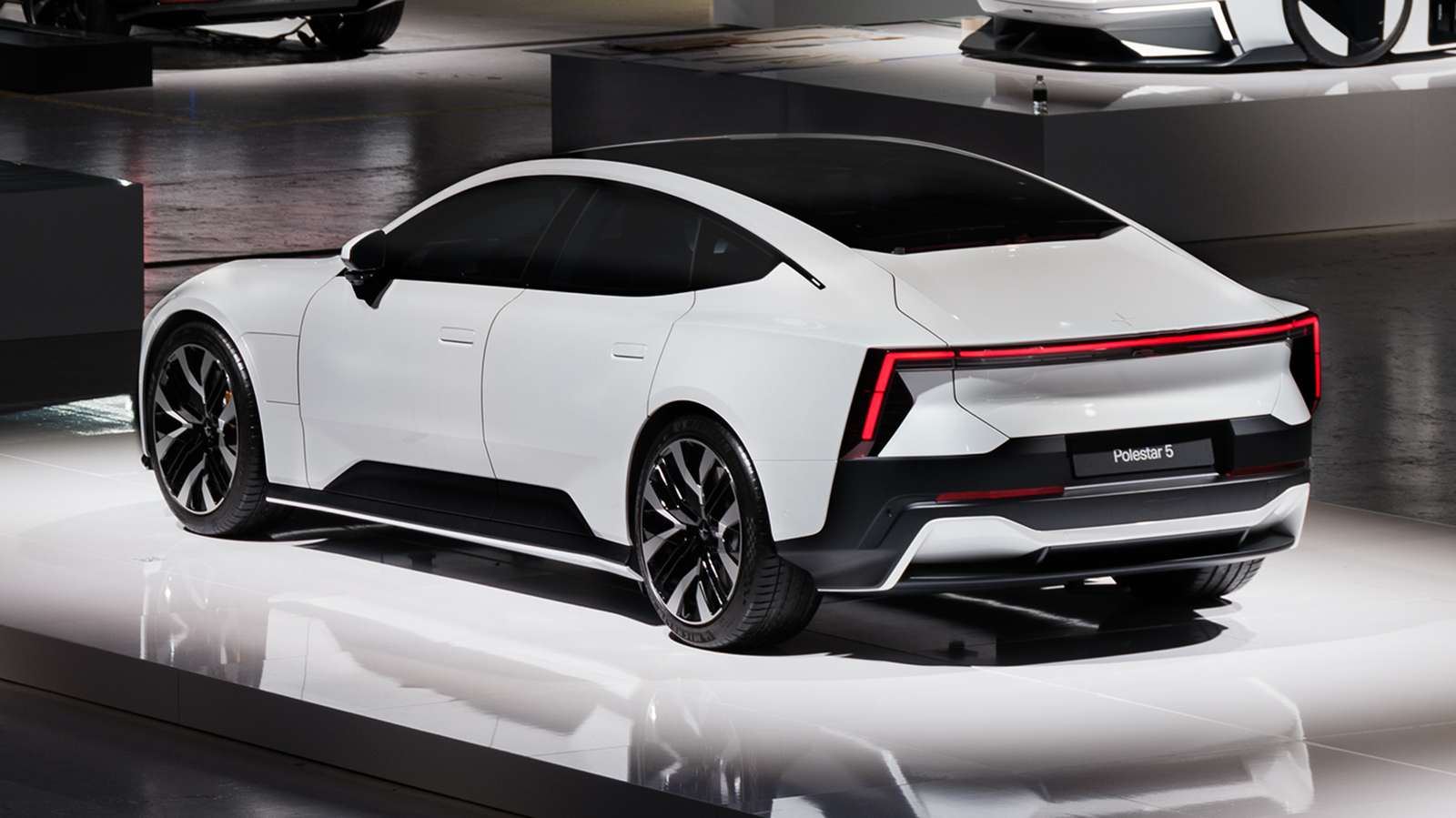Relaxed Euro 7 Emissions Might Save Some Performance Cars
.jpg?width=1600&aspect_ratio=16:9)
Car manufacturers seem to be under constant pressure to meet ever-stricter emissions targets as the move away from fossil fuels rapidly grows. However, they’re about to get a rare collective sigh of relief as the upcoming Euro 7 emissions standard is set to be more relaxed than originally planned.
The regulations, set to come into effect for passenger cars in 2026, will now have CO2 requirements in line with the current Euro 6 standard. It comes following a vote in the European Parliament agreeing to the looser requirements and pushing the date back from an initially planned July 2025. 329 members voted in favour of the changes, 230 against and 41 abstained.
Additionally, though, Euro 7 will then take into account particulate emissions from brakes and tyres for the first time, with the intent of reducing them by 27 per cent across the board to a maximum of 7mg/km.
When it comes to #Euro7, we firmly believe that cleaner #mobility has to go beyond exhaust emissions.
— Bridgestone EU Policy (@BridgestoneEU) November 9, 2023
As Euro7 was set in motion at the @Europarl_EN plenary, we’re already looking beyond and are calling for more ambitious legislation that adopts the standards laid out by @UNECE… pic.twitter.com/mbUgBBnewG
With the ban on cars using solely internal combustion engines still planned for 2035, manufacturers have argued that the time and resources spent developing stricter Euro 7-compliant engines would be better invested in electric cars. The upside of that is we may see the lifespans of some higher-emitting performance cars live on, that otherwise may have been culled by tighter CO2 regulations.
It’s worth noting though that the vote is not yet law, and changes could still be made before it is. Once the law is confirmed, a minimum of 12 months is required before it can be implemented.
Sigrid de Vries, director general of the European Automobile Manufacturers’ Association, said: “The fact remains that Euro 7 represents a significant investment for vehicle manufacturers, on top of their huge decarbonisation efforts.
"Europe needs a proportionate Euro 7 that balances environmental concerns and industrial competitiveness" - Sigrid de Vries, ACEA director general
“It also comes in an extraordinarily challenging geopolitical and economic context, marked by soaring energy prices, supply chain shortages, inflationary pressures, and lagging consumer demand. Europe needs a proportionate Euro 7 that balances environmental concerns and industrial competitiveness.”
Though the UK is no longer required to follow European standards since Brexit, the government has elected to continue keeping the country's regulations in line with those of the EU. Presumably, this will extend to Euro 7.



Comments